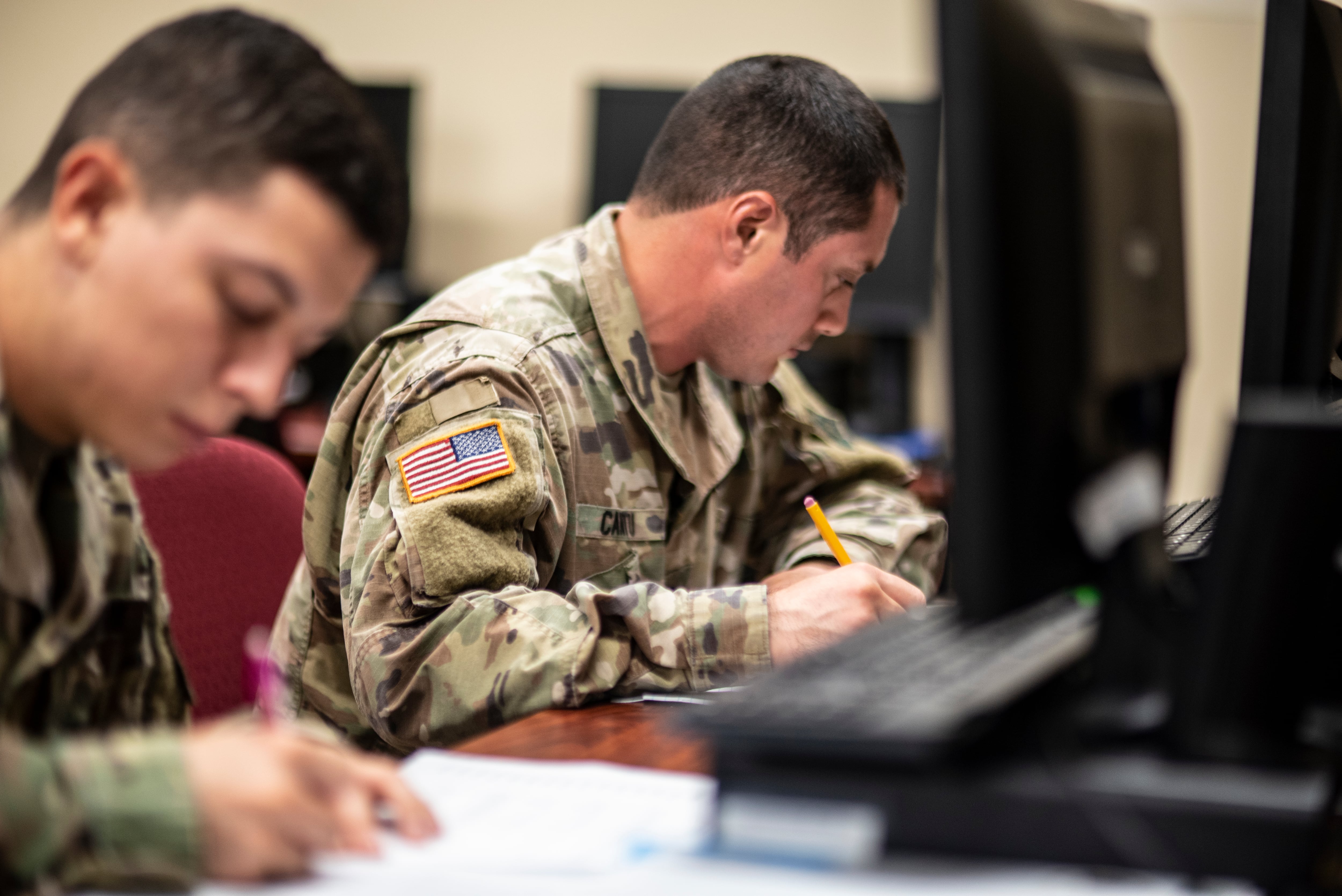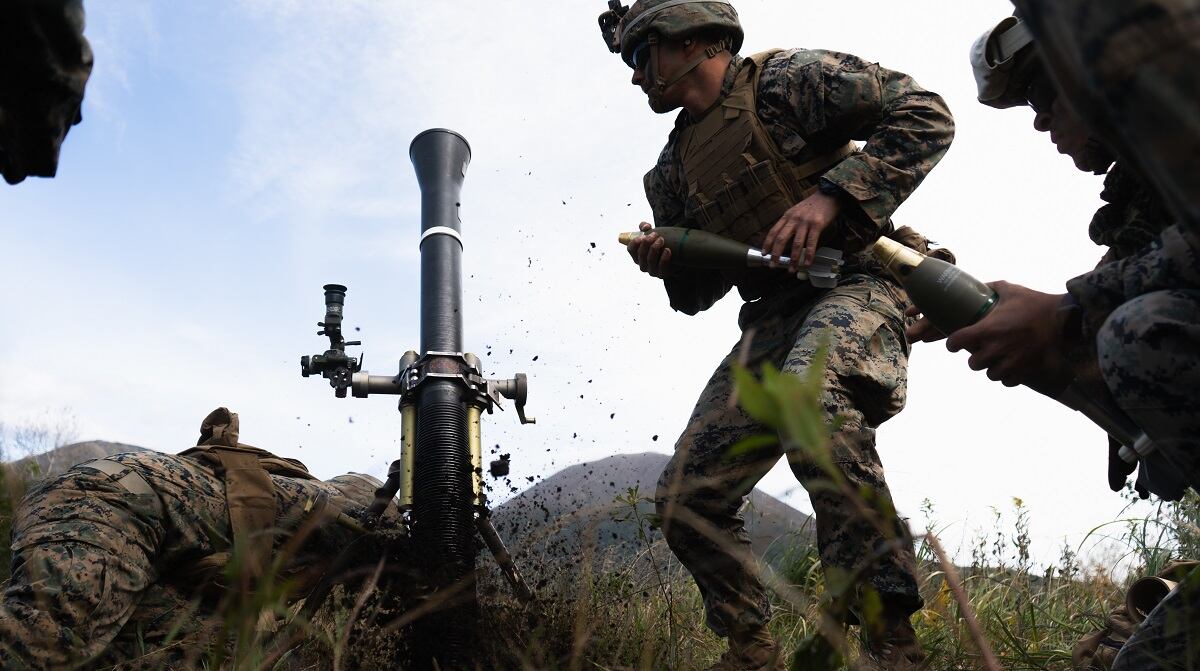SEOUL, South Korea — Angry residents in a rural South Korean town threw eggs and water bottles at the prime minister and blocked him for more than six hours Friday to protest a plan to deploy an advanced U.S. missile defense system in their neighborhood.
Earlier this week, South Korea announced that the missile system called Terminal High-Altitude Area Defense, or THAAD, will be placed in the southeastern farming town of Seongju by the end of next year to better cope with North Korean threats. Seongju residents launched protests, saying they fear possible health hazards from the missile system.
Prime Minister Hwang Kyo-ahn, accompanied by the defense minister and others, visited Seongju to try to explain the decision to residents but was immediately disrupted by jeers.
Some hurled eggs and water bottles, shouting "We oppose (the THAAD deployment) with our lives," according to TV footage.
A senior police officer was injured on his forehead. Hwang didn't appear to be directly hit by any objects as security guards and aides used umbrellas and bags to protect him. But his suit jacket was tainted by eggs and he evacuated to a town hall office.
When he and the others came out of the building into a minibus, they were surrounded by hundreds of protesters, some using tractors. Hwang was held in the bus for more than six hours.
South Korean officials have dismissed as groundless a belief that THAAD radar systems emit electromagnetic waves that can cause health problems. Defense officials say the U.S. system is harmless if people stay at least 100 meters (yards) away from it.
Seongju residents criticized the government for unilaterally deciding on the deployment without consulting them. About 200 Seongju residents made a protest visit to Seoul's Defense Ministry on Wednesday, and some wrote letters of complaint in blood. A group of 13 local leaders went on a hunger strike.
Defense Minister Han Min Koo told residents Wednesday he would personally stand in front of the radars to prove they aren't harmful.
The planned missile deployment drew an angry response from North Korea and China. North Korea has threatened unspecified "physical" measures in retaliation while China suspects the system would help U.S. radars track its missiles. Russia also opposes the deployment.
U.S. and South Korean officials have said the THAAD system only targets North Korea, not China or anyone else.
Seoul and Washington began their formal discussions on the THAAD deployment after North Korea conducted a fourth nuclear test and carried about a long-range rocket launch earlier this year.
The United States has about 28,500 troops in South Korea as deterrence against potential aggression from North Korea. American-led U.N. troops fought alongside South Korea during the 1950-53 Korean War while China assisted North Korea.
Associated Press writer Kim Tong-hyung contributed to this report.
Copyright 2016 The Associated Press. All rights reserved. This material may not be published, broadcast, rewritten or redistributed.





